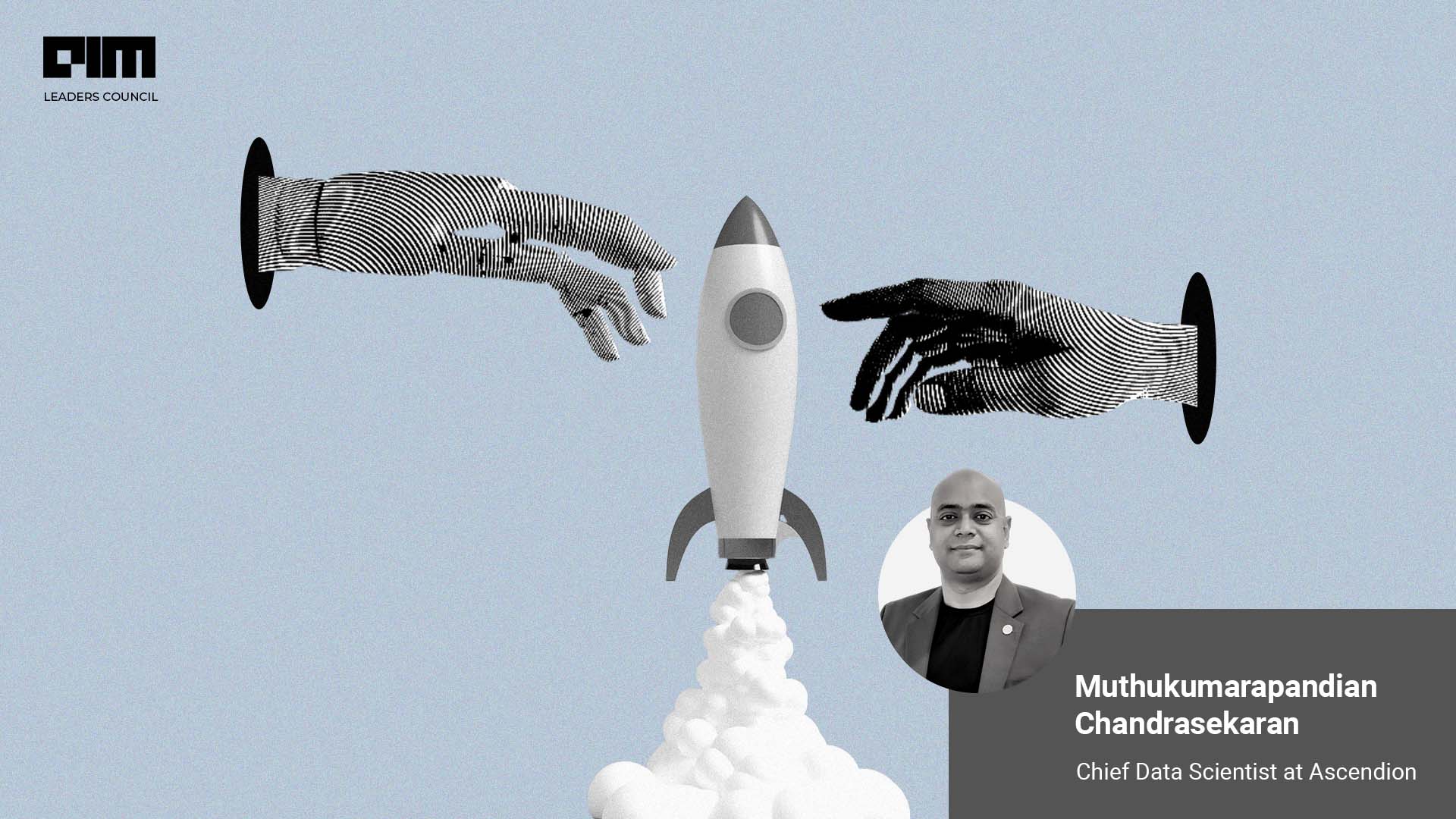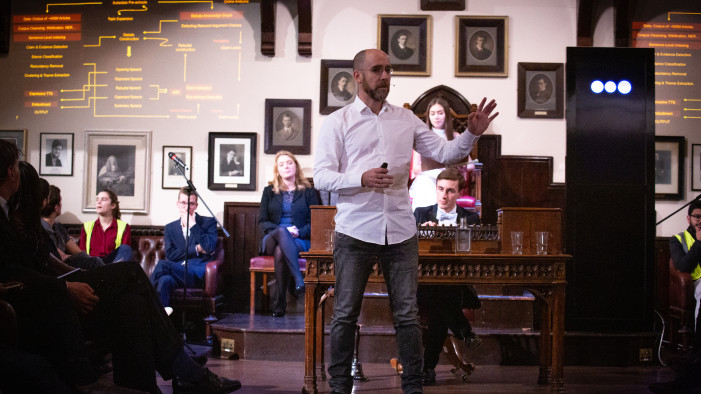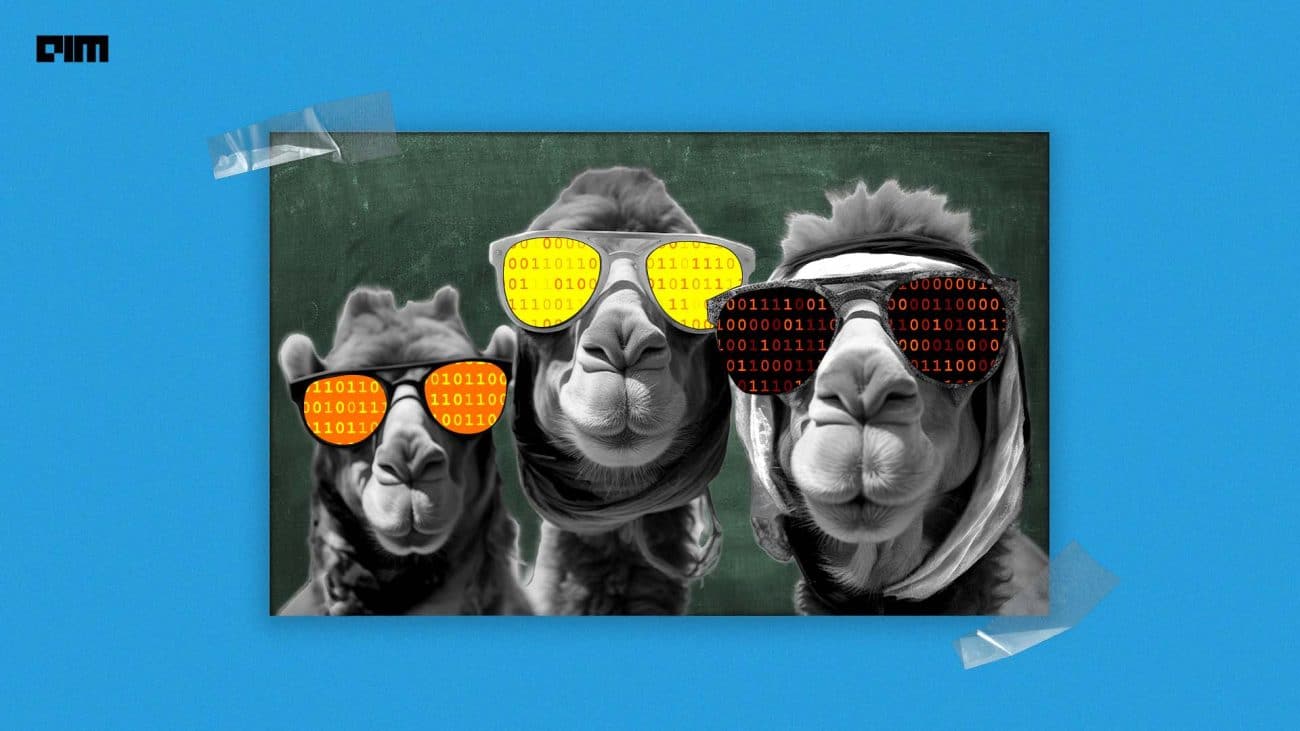|
Listen to this story
|
“Technology is a useful servant but a dangerous master.” – Christian Lous Lange.
AI developers often come from a narrow range of backgrounds, which leads to a lack of diversity in the perspectives and values that are built into AI systems. This inevitably results in biases and blind spots that can harm certain groups of people. It can be difficult for people to understand how generative AI works and how it makes decisions, which can then lead to mistrust and suspicion. This lack of transparency can also make it harder to identify and correct biases or ethical problems in AI systems.
Generative AI can have unintended consequences that are difficult to predict. When things go wrong with generative AI, it can be difficult to determine who is responsible and who should be held accountable. This can make it hard to address ethical problems and prevent them from happening again in the future. Different people and cultures have different values, and it can be challenging to develop AI systems that are aligned with a wide range of ethical perspectives. This can lead to conflicts and trade-offs that are difficult to navigate. The pace of innovation in AI is rapid and it can be hard for ethical considerations to keep up, thus resulting in new ethical challenges arising faster than they can be addressed.
Is Generative AI ethical in its current state?
There is no straightforward answer to the question of whether generative AI is ethical as it is still growing and evolving. Conversely, generative AI has the potential to bring significant benefits to society, such as improving medical diagnoses, reducing energy consumption, and creating new forms of art and entertainment. Considering both sides in mind, there are also concerns about the potential for generative AI to cause harm, such as perpetuating harmful biases, violating privacy, or creating new forms of inequality. In general, the ethical implications of generative AI will depend on the specific application and the way the technology is developed and deployed.
What can we do to make Generative AI a better ethical AI?
Deepfakes, artificially creates material, including photos, videos, and audio that can be produced using generative AI, especially machine learning techniques. Such AI-generated content can be hard to tell apart from real media or even impossible to do so, which implies major ethical issues. Such media has the potential to spread false information, sway public opinion, and even harass or libel people. A deepfake video might sway public opinion and disrupt the democratic process by showing a political candidate talking or acting in a way that contradicts their public image.
A strong regulatory structure must be in place to restrict the usage of deepfakes in order to ensure that they are not utilised for malevolent reasons. Regulations should also provide responsibility mechanisms, such as monetary fines, for businesses and individuals that violate these rules.
Two ways to govern the ethics of Generative AI adopted by certain private companies are:
- Self-regulating the market through techniques such as limited release, monitored model usage, and controlled access via APIs for their commercial products like DALL-E 2.
- Enabling models to be made publicly available in order to democratise access and have the largest impact on society and the economy feasible.
There must be ethical considerations while creating AI-generated works that mimic specific human creators.
Intellectual property: AI is qualitative and quantitative change. With the advent of copyright laws, one can still raise questions around intellectual property and copyright. It is important to consider who owns the rights to the original work and how the AI-generated work may impact the value and recognition of the original creator’s work.
Implications for society: AI-generated works that mimic specific human creators may have broader societal implications, including potential impacts on the art world, cultural heritage, and the future of creative industries. It is important to consider these implications and engage in broader ethical discussions around the role of AI in creative fields.
Generative AI vs Humans
Someone’s loss is someone’s gain. As AI technology develops, it will assume more tasks that have historically been performed manually, consequently making it harder for job searchers to obtain employment. Workers must therefore embrace the new order of the world, wherein their knowledge and skills are vastly different from those of their forebears. To stay ahead of the machine age in this new reality, humans must think more critically and creatively. Higher technical knowledge and soft skills such as critical thinking and problem-solving are required of those who want to move into new professions. In order to stay competitive in a work market that is always evolving, they must also be prepared to refresh their skill sets routinely as AI technology advances.
In many respects, generative AI has the ability to improve the world but this will require conscious efforts to develop and implement these systems in an ethical and responsible manner. This entails encouraging openness and explicability in AI systems, vetting and verifying these systems for unexpected effects, and participating in continuing ethical discussion and reflection regarding the creation and use of AI.














































































